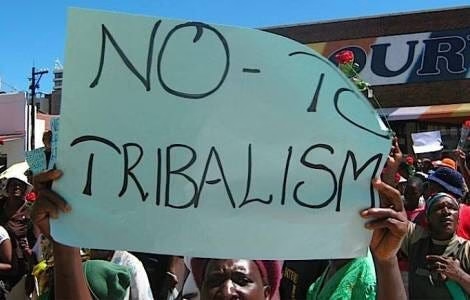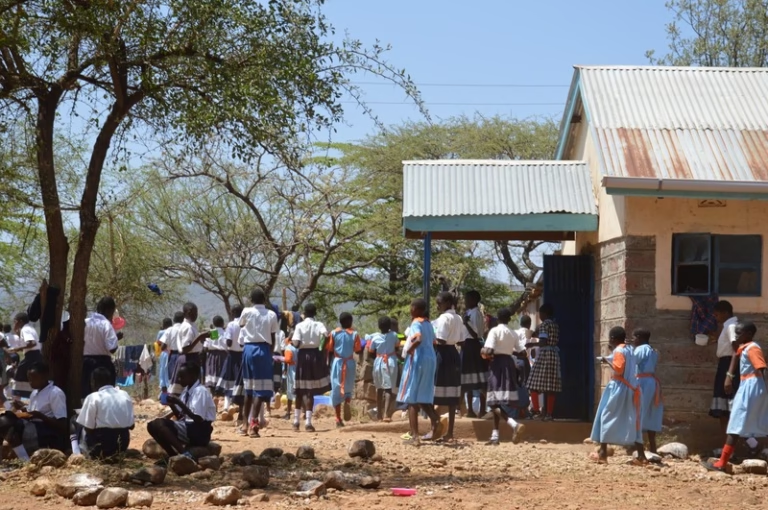
Let’s just be honest. Whether you agree or disagree, the truth is that we are at a riskier juncture than we have ever been. The ethnicity within us came calling when Raila was outmanoeuvred by Djibouti’s candidate in the race for the African Union Commission chairmanship. Therefore, rather than truly despising ourselves, we ought to construct a reality based on this notion.
According to reports, 90% of Kikuyus hold an adverse opinion of the Luo people. According to the number of Kikuyus I’ve spoken to, the Luos are noisy, conceited, and completely ignorant of what business is.
Similarly, the majority of Luos have a negative opinion of the Kikuyu people. My numerous Luo friends who have talked to me have propagated the common misconception that Kikuyus are robbers who have a crazy fixation on money. We use these stereotypes in our daily conversations. Some people handle it lightly. Some people detest it. But we take full advantage of them, even in our local comedy.
There has been and will continue to be the Luo-Kikuyu rivalry. The history of this nation would be considerably different if both communities shared a border, so we should be grateful for that. It is impossible to wish away the prejudice, hostility, and mutual contempt. This depressing state of affairs is reflected even in voting trends. Under the skillful leadership of their tribal chieftains, who change sides more often than you blink in a day, the other tribes will always choose a side, making it seem like a protest.
One of the ugliest social constructs and a tragedy of the twenty-first century is this reciprocal and malignant enmity. It is quite harmful, and the Luos are feeling very disillusioned. I saw the smiling pictures of Kenyans celebrating anti-government protests in Kisumu. No police officers scaled perimeter walls, no tear gas canisters were thrown to scatter crowds, and no blood was spilled. However, since gaining independence, our nation has never been more divided. Additionally, we are on a very dangerous path that would permanently destroy the nation.
At the greatest and our best Public universities, the Kikuyu-Luo-Kalenjin animosity is terrible. Every managerial and leadership role is viewed through the lens of the Luo-Kikuyu-Kalenjin matrix. The disdain that students from these three groups have for one another is best captured during student elections. It frequently grows worse, and even the universities’ administrations are aware of this and try to calm the situation. In actuality, the university is split along ethnic lines, but it manages to work very effectively.
Ignorance and a refusal to see the wider picture are the reasons behind those who are terrified of the Luos. For the Kikuyu, the same is true. Those from different communities adhere to the established preconceptions, and it’s frequently a case of picking the least of two evils.
The notion that your tribe, if in power, is a source of riches will be dispelled if we support one another and demand stronger, more reliable institutions. There will always be differences. The Germans do not care about the French. The Spanish are also not very important to the Italians.
In my opinion, the psychological leap required for progress won’t be accomplished unless authority shifts from the three communities to other communities. We should separate from all of these leaders and concentrate on the David Maragas and Omtatas of this country after Raila retires to his Opoda Farm, if all is fair. That’s wishful thinking, though. Until something truly horrible wakes us up, we seem more intent on staying tribal.
It is still the case that more than half of the country is happy with Raila’s loss. Maybe it is because we used it to manage our local politics.
